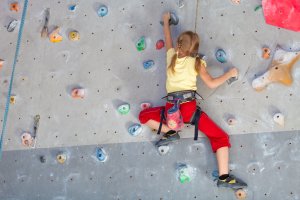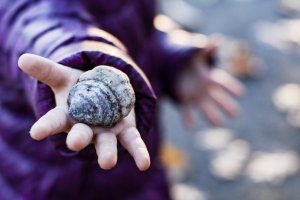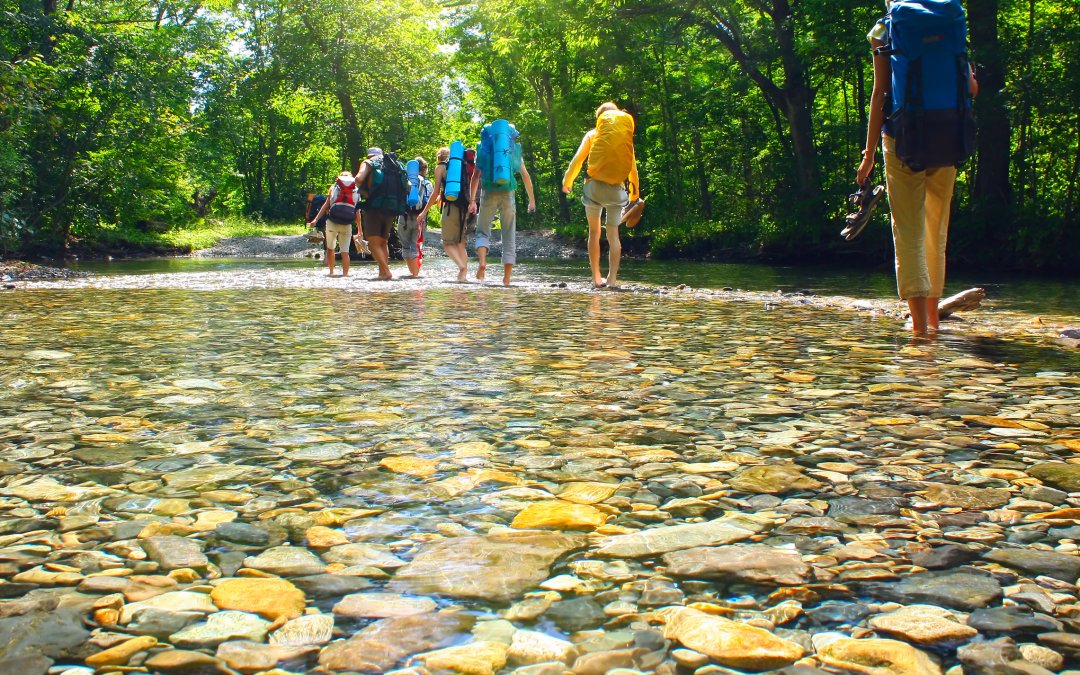10 BENEFITS OF SCHOOL CAMP
UC Camping was established int he mid 70’s and since that time have hosted 1,000’s of guests. We are most proud of providing diverse and fulfilling experiences for staff and students that they will hold with them for the rest of their life.
We know that students who attend reunions years and years after leaving school talk mostly about two parts of their schoollng:
- School performances / musicals.
- School camp.
Whether school camp is part of the curriculum or optional, everyone who leaves our sites, leaves with memories that will last a lifetime.
So what are the benefits of school camp?
1. Disconnect with technology and reconnect with self and others
Most schools don’t allow electronic devices on camp. This allows students to ‘look up’ and ‘look around’ and immerse themselves in where they are and who they are with.
It can be challenging for a student who is away from family for the first time and also hard for the parents to not be able to contact their child as easily as they normally would. But this time apart increases a student’s self-awareness and fosters independence.
2. Develop social skills
School camp is the place where social skills grow and develop. Most activities at camp involve team work, communication and listening. This is the foundations to strengthen established friendships and also to develop new ones by connecting with children they don’t regularly talk with at school.
This article on “Cotton Wool Kids At Risk Of Becoming Fragile, spells out why expanding the experiences of young people is essential for their full growth and development.
You can read the article here
3. Build lasting relationships with other students
Being on camp creates a level playing field for everyone. We often find the quiet student is in fact, a good problem solver or the more confident student learns to listen to their classmates.
Activities such as SUP, abseiling, canoeing and overnight camping – place students in unfamiliar environments where they need to rely on each other and work collaboratively to achieve a goal. Having someone to share an experience with stays with them for the day and week and often for years.
4. Staff and Students building a connection
Picture this:
A class of Year 7’s at the beach and their teacher is surfing with them. Halfway into the lesson, the teacher stands up on the board and within a few seconds falls off. She comes up with a big smile on her face and says “I stood up! I stood up!” It’s moments like these that students see and laugh along with them (not at them) as they too have fallen off their board. A shared experience creates compassion and connection. This in turn creates trust and makes people are more approachable. Move forward a few weeks back in the classroom, and students see their teachers as more approachable and trustworthy because of their encounter falling off their boards together.

5. Learn new activity skills
A student watches a classmate abseil off a cliff and says out loud “I can’t do that!”.
We here this often. But what they are really saying is “I’m scared and not sure I can face my fears”.
All activities are offered as ‘challenge by choice’ – they do not have to participate if they don’t want to. For some students, they need time. Time to watch others climb the cliff, paddle the canoe, stand up on the surfboard, before they’ll give it a go. Other students are so eager they charge in full steam ahead. Either way, we always brief them on safety, expectations and the skills on the activity. Then allow the dynamics of people working positively together to set the groundwork for a successful session.
Another side is that when students aree away from family they’ll try something they wouldn’t normally do. They’ll give it a go and draw on their inner strength and enthusiasm to participate, without the watchful eye of a parent.
6. Improve independence
For many children school camp is their first time away from family and home for a few nights. Parents are not there to remind their kids to eat their vegetables, brush their teeth, have a shoer, organise their bedding, be on time for meals and so on.
Therefore, this is a great opportunity for kids to grow up by learning how take care of themselves and to do things on their own. Most kids do rise to the challenge and learn to rely on themselves when they spend time away home.
7. Expand experiences in nature
Our school visitors come from diverse suburbs and locations across the country. Whether they are a group from a remote rural school or a built-up inner city school, they all experience nature. We strongly believe that an appreciation for nature and respect for the plants, the animals, is essential to guiding them through to the future and caring for our planet.

8. Teach personal organisation
The term ‘prior preparation and planning prevent poor performance’ is relevant on school camp. Encouraging students to prepare well for their school camp is essential. Providing a list of items to bring is a good start. Along with teachers, we will often discuss weather conditions and what might be appropriate or inappropriate things to bring.
As a parent, talk to your child about considering the little things,such as, what to bring for morning tea and lunch for the drive to the campsite. Check they’ve filled their water bottles before they get on the bus.
Together, confirm the time to meet at school. What to bring on the bus (day pack with water bottle, snacks etc.) and what they can put in the bus bins (duffle bag / case).
We often deliver briefings throughout the day with teachers, Teachers then relay that information at breakfast and dinner on what the expectation is of students. It’s important students know what activities they’ll be doing, what they need to bring to the activity, be prepared with sunblock and towel or closed toed shoes or sunhat, so they feel prepared and ready.
For further reading on What To Bring On Camp click here
9. Decision making skills
There can be lots of choices on school camp. Should I participate in the orienteering or sit it out? Will I try the dessert offered or because I’ve never seen it before, just pass? Should I stay awake telling stories or get some sleep for the next day’s activities?
Teachers can only help so many students, so it’s an opportunity for choices to be made without adult influence, allowing them to be responsible for their own decisions.
“You have to let them explore, you have to let them take a few tumbles, as long as they don’t tumble too far,’’
10. Education learning
It’s not just about the climbing, the paddling, the bushwalking on a school camp – there is much more. It’s the subtle things like the smell of the lemon scented gum after rain, watching a flock of pelicans fly over at dusk, observing the kangaroos in the afternoon lazing under the trees.
But there is also the practical learning that ties back to the school curriculum and will be facilitated by teachers / UC Camping staff. Learning these in a setting other than a classroom brings more relevance and logic.
We hope these 10 tips have expanded your knowledge on why camping is of great benefit to everyone.


Recent Comments